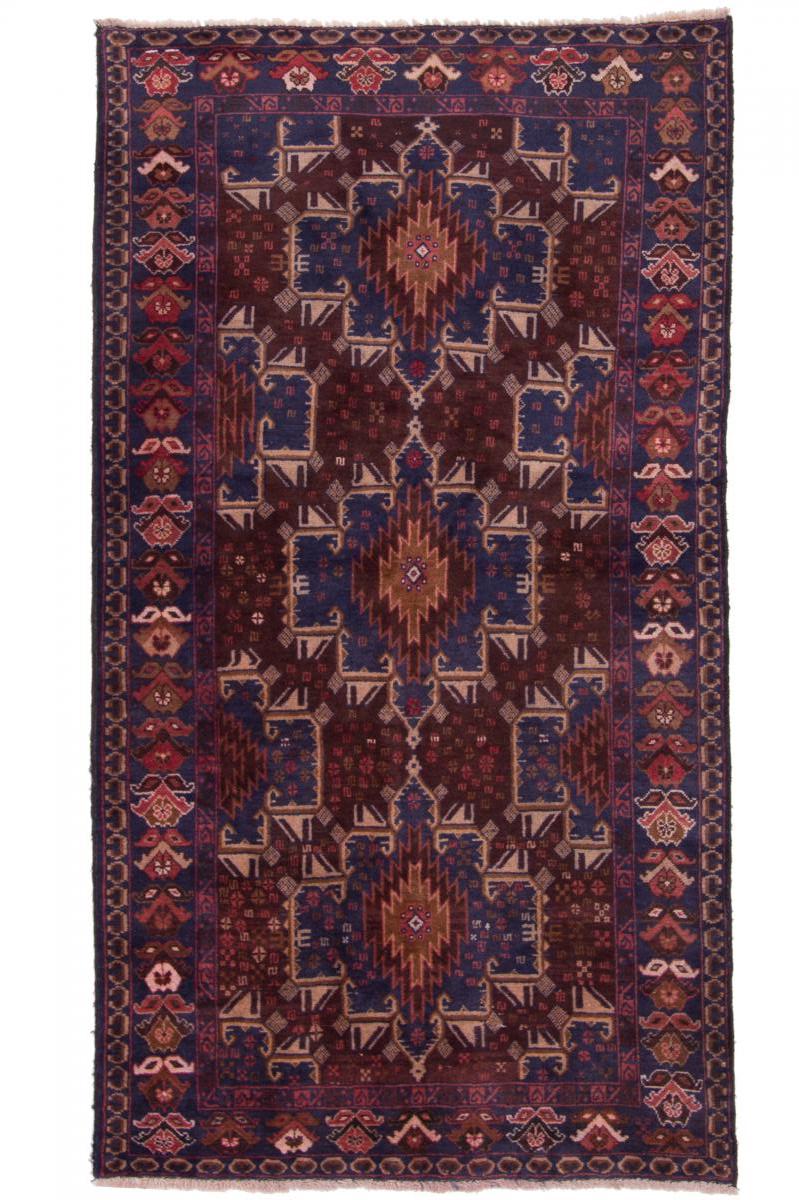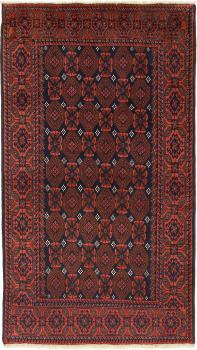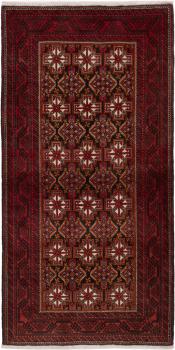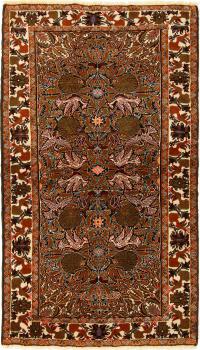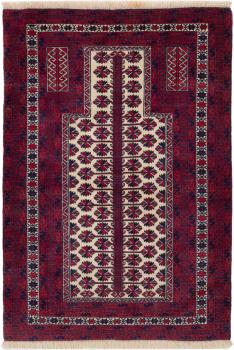Baluch Rugs
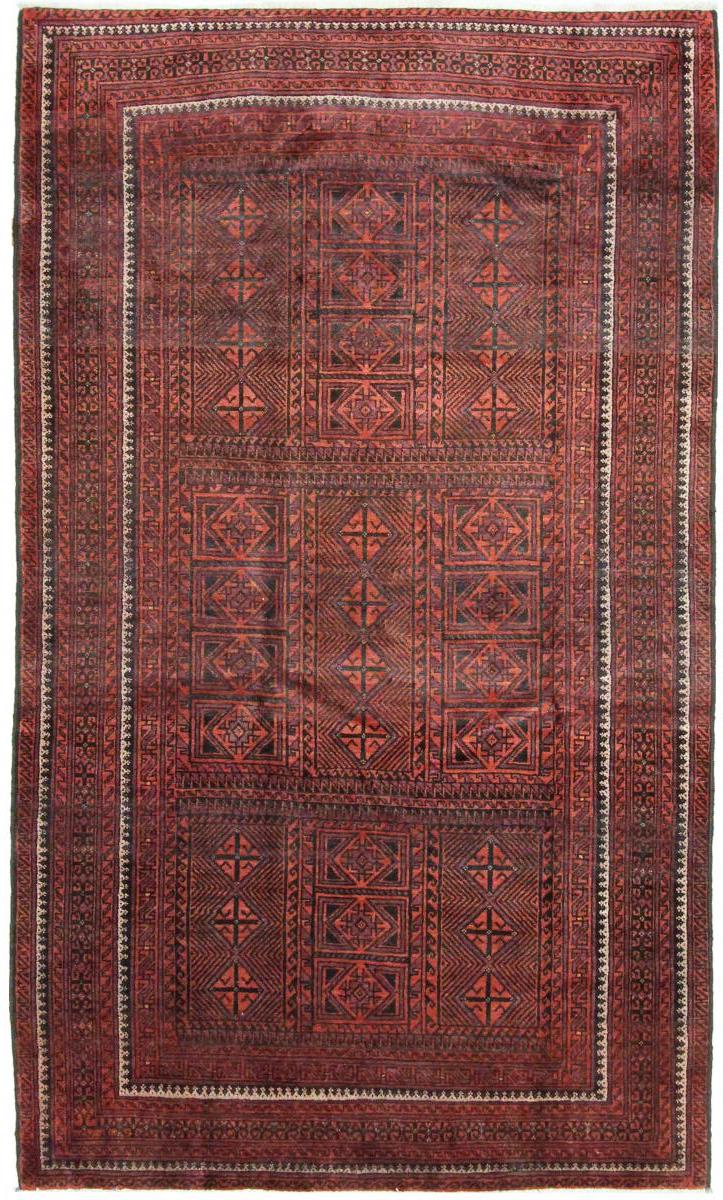
Two Baluch Persian rugs with different knot densities
| Facts | |
|---|---|
| Type | Persian Rugs |
| Location | Eastern border area of Iran |
| Typical Knot Density | 90.000 - 200.000 knots / sqm |
| Characteristics | Mostly kept in dark red, blue and brown tones |
The Baluchis are a nomadic ethnic group divided among Iran, Pakistan and Afghanistan. Sometimes Baluchis can also be found in other countries, but in significantly smaller numbers. Most of them live in Pakistan today.
Their carpets are usually small in size. The classic colours are accentuated by vivid patterns. Traditionally, the carpets of the Baluchis were made of sheep and goat wool from own herds. Modern carpets have a cotton warp. Like all carpets made by nomads, Baluch carpets are simple and robust. These nomadic carpets are also named after the cities in which they are sold: Mesched-Belutsch carpets are sold in Mesched.
Further Examples

These rugs have been provided from an assortment of over 330 Baluch rugs by Nain Trading from Hamburg. Hamburg, Germany is still the most important hub for the trade of oriental rugs in the Western World with Nain Trading offering one of the largest assortments of handmade oriental carpets worldwide.
Location - where are Baluch rugs coming from?
The Baluch live in the border area and include different nomadic tribes.
Main Regions
Probably the best known and highest quality carpets from the Orient. Nain, Isfahan or Tabriz are only some of the famous regions...
Read more
The country has a long tradition of rug knotting. Among the most famous are the Kahl Mohammadi rugs...
Read more
Pakistani Bukhara rugs made of strikingly shiny wool are one of the highlights of this country...
Read more
A region that extends over parts of Iran and Afghanistan and is populated by nomads...
Read more
Mostly warm and dark red shades in a simple design and of a somewhat coarser design...
Read more
Carpets from the area of the Caucasus mountains mostly in stronger colours...
Read more
Centuries-long tradition of carpet knotting, which is still widespread today...
Read more
They stand out clearly from other oriental carpets due to their old Chinese patterns and designs...
Read more
